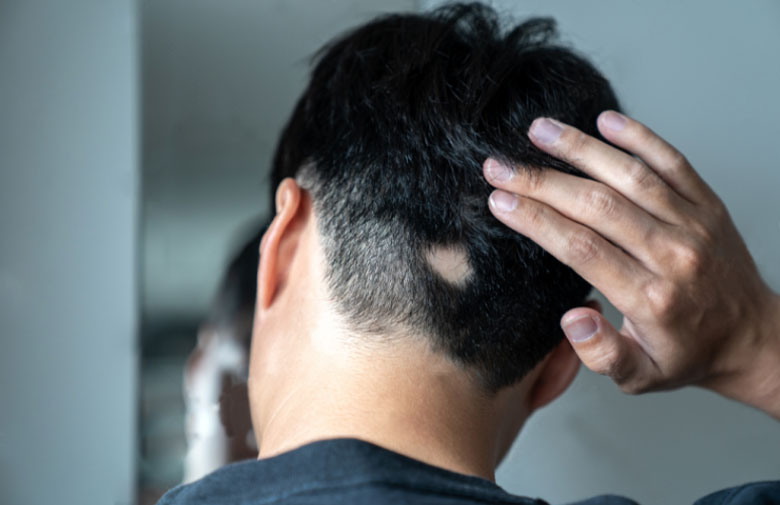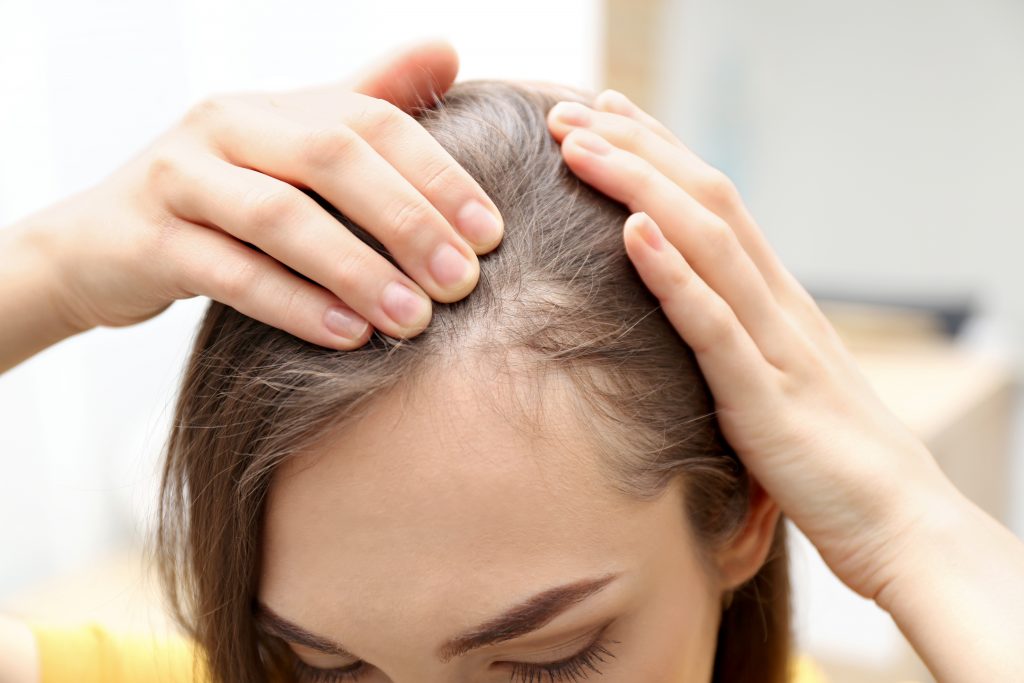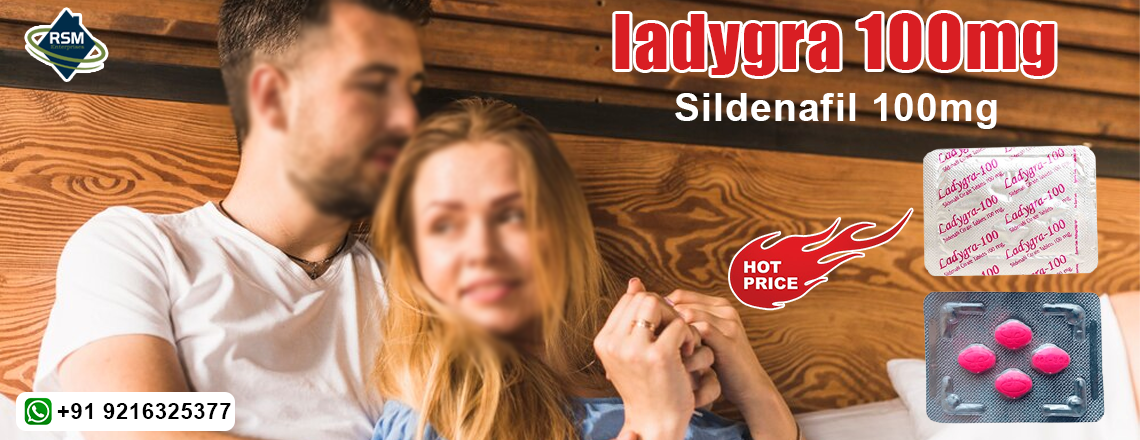Are Filler Injections Safe for Everyone?

Filler injections have become an increasingly popular solution for enhancing facial features, reducing wrinkles, and restoring volume. They offer a non-surgical alternative to more invasive procedures, with minimal downtime and effective results. However, like any cosmetic treatment, it’s important to understand that dermal fillers are not suitable for everyone. In this article, we’ll explore the safety considerations of Filler Injections in Dubai and who may be a good candidate for the procedure.
What Are Dermal Fillers?
Dermal fillers are injectable substances used to restore volume, smooth wrinkles, and enhance facial contours. The most common types of dermal fillers include:
- Hyaluronic Acid Fillers: Used to add volume, smooth wrinkles, and enhance lips.
- Calcium Hydroxylapatite Fillers: Used for deeper wrinkles and facial contouring.
- Poly-L-lactic Acid Fillers: Stimulates collagen production for gradual volume restoration.
- PMMA (Polymethyl Methacrylate) Fillers: For deeper wrinkles and long-lasting results.
Each type of filler has specific properties, and the choice of filler depends on the individual’s goals, the area being treated, and how long-lasting the results should be.
General Safety of Dermal Fillers
In general, dermal fillers are considered safe when administered by an experienced and licensed professional. The FDA has approved several types of dermal fillers for use in the U.S., and many fillers have been used for years with a strong safety record. However, like any medical procedure, there are risks involved, and certain individuals may face more potential complications.
Who May Not Be Suitable for Filler Injections?
While dermal fillers are safe for most people, there are certain groups for whom fillers may not be appropriate or safe. It’s essential to consult with a qualified healthcare professional to determine if you’re a good candidate.
1. Individuals with Allergies to Fillers
Some dermal fillers contain substances such as hyaluronic acid, which is naturally found in the body, while others use synthetic materials. If you have a known allergy to any of the ingredients in the filler (for example, lidocaine, which is commonly included to numb the area), it could increase the risk of an adverse reaction, including swelling, redness, or more severe reactions.
- Pre-treatment testing may be recommended to check for allergies, especially if you’re using a filler for the first time.
2. Pregnant or Breastfeeding Women
There is limited research on the effects of dermal fillers during pregnancy and breastfeeding, so many practitioners advise against fillers during these times. Although there have been no proven risks, it’s best to err on the side of caution and avoid non-essential cosmetic procedures during pregnancy.
3. Individuals with Active Skin Infections or Conditions
If you have an active skin infection or skin conditions like acne, eczema, or rosacea in the area to be treated, fillers may not be safe. Injecting fillers into infected or inflamed skin can lead to complications such as the spread of infection, delayed healing, or scarring. Treatment should be postponed until the condition is resolved.
4. Individuals with Blood Disorders or on Blood-Thinning Medications
If you have a blood disorder such as hemophilia or a condition that makes it difficult for your blood to clot, filler injections may not be advisable. Additionally, if you are on blood-thinning medications (such as aspirin or warfarin), there is a higher risk of bruising, bleeding, or swelling at the injection site.
It is important to discuss your medical history with your injector before undergoing filler treatment, as adjustments may be needed to minimize risks.
5. Autoimmune Diseases and Immune System Disorders
People with autoimmune diseases or immune system disorders may need to exercise caution when considering dermal fillers. Conditions such as lupus, rheumatoid arthritis, or other immunosuppressive disorders can affect the healing process and increase the risk of complications after treatment.
6. Individuals with Active Herpes or Cold Sores
Those prone to cold sores or herpes outbreaks may experience a flare-up after filler injections, particularly if the filler is being injected around the mouth or lips. It’s often recommended to treat the underlying condition before undergoing treatment or take antiviral medication as a precaution.
Potential Risks and Side Effects of Filler Injections
Even if you are a suitable candidate for filler injections, it’s important to be aware of the potential risks and side effects associated with the procedure:
Common Side Effects:
- Bruising: Some bruising and swelling around the injection sites are common and usually subside within a few days to a week.
- Redness and Tenderness: These are temporary and typically resolve shortly after the procedure.
- Itching or Rashes: Mild itching or rashes can occur as the skin heals.
Serious Complications (Rare but Possible):
- Infection: If the filler is injected in an unsanitary environment or the skin isn’t properly disinfected, there’s a risk of infection.
- Filler Migration: In some cases, the filler can move from the injection site to another part of the face, resulting in uneven or unnatural results.
- Vascular Complications: Although rare, if the filler is accidentally injected into a blood vessel, it could block blood flow and cause complications, such as tissue death or blindness.
- Lumps or Bumps: Filler may create lumps or unevenness under the skin if not properly administered.
- Allergic Reactions: Though uncommon, an allergic reaction to a filler can occur, resulting in redness, swelling, or more severe symptoms.
How to Minimize Risks:
- Choose a Qualified Professional: Ensure that the injector is experienced, licensed, and trained in administering dermal fillers. A highly skilled injector will know how to minimize risks, select the right filler for your needs, and ensure your safety.
- Follow Aftercare Instructions: Proper aftercare, such as avoiding pressure on the treated area and refraining from strenuous activities, can reduce the likelihood of complications.
- Disclose Medical History: Be open about your medical history, including allergies, medications, and any previous cosmetic procedures, so your injector can tailor the treatment to your needs.
Conclusion
Dermal filler injections are generally safe for most individuals, but they may not be suitable for everyone. If you have certain medical conditions, allergies, or skin issues, fillers may pose a higher risk. Consulting with an experienced and certified practitioner is essential to determine whether dermal fillers are appropriate for you and which type of filler would best meet your aesthetic goals. By understanding the risks and working closely with a professional, you can make an informed decision about whether filler injections are the right choice for your needs.




